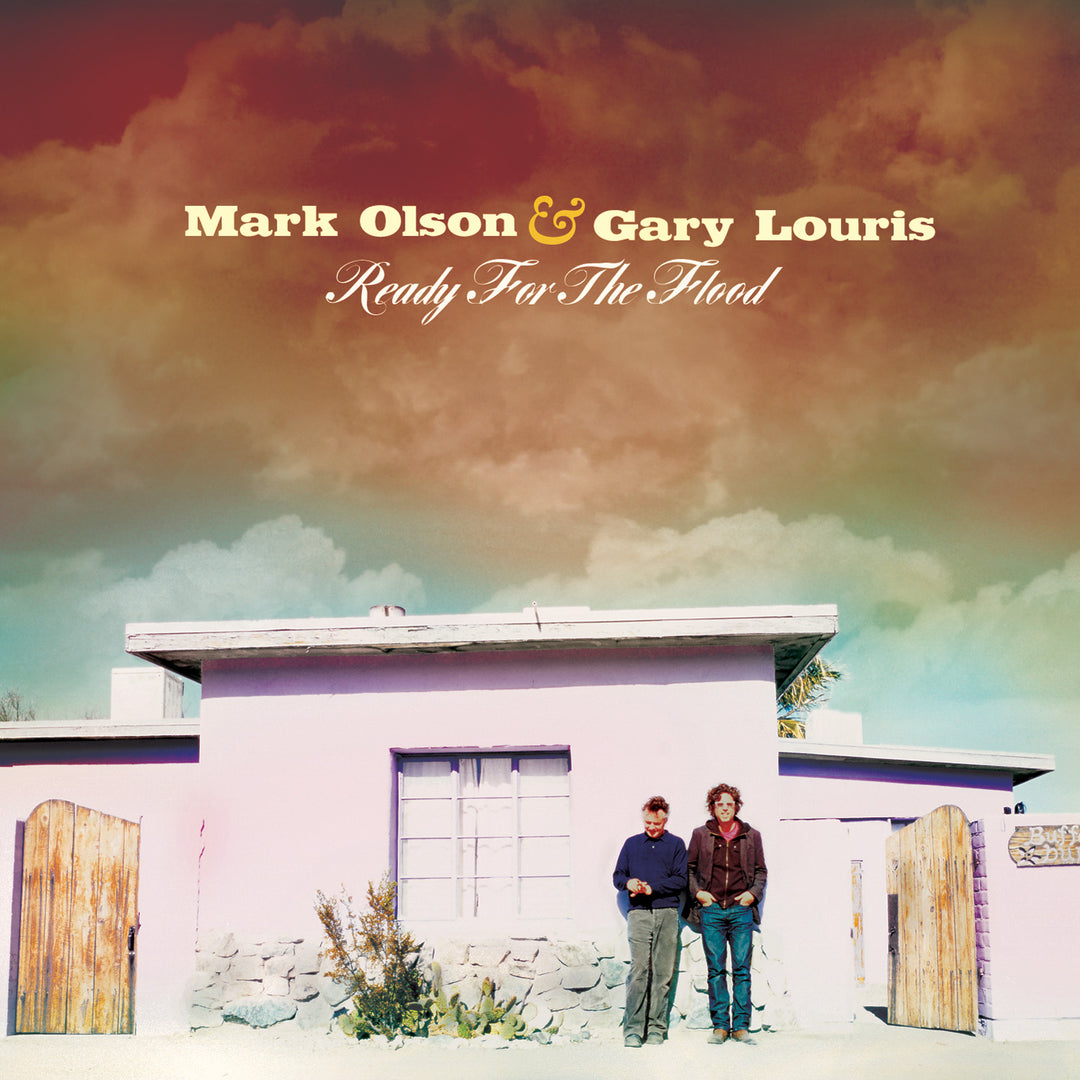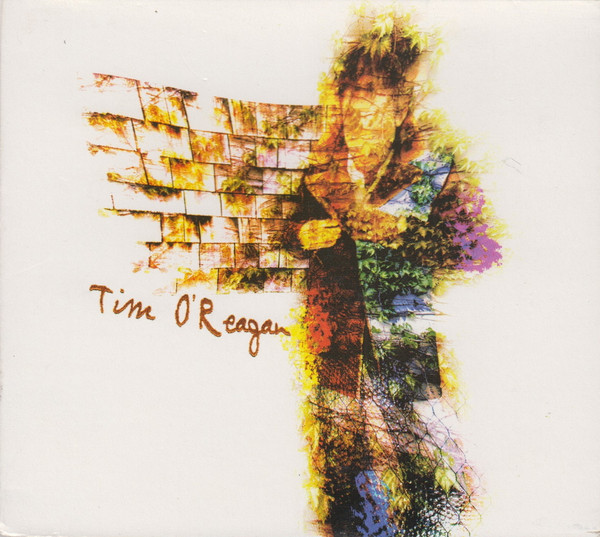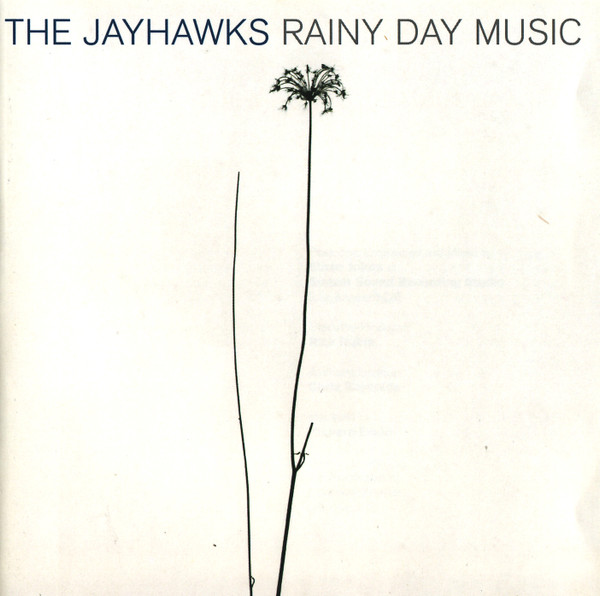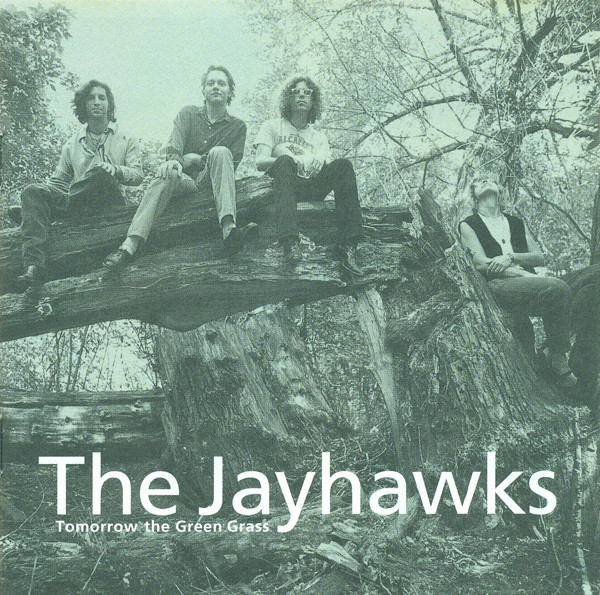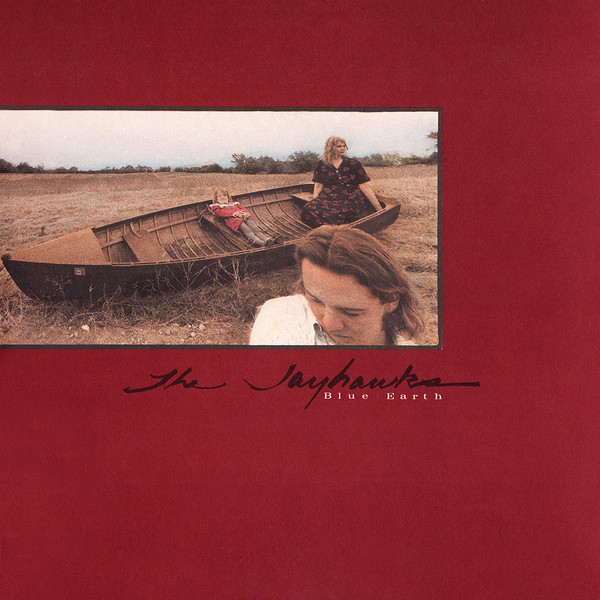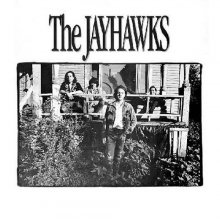 Somebody decided the Jayhawks needed a greatest hits compilation, or the equivalent thereof, at a time when the band had basically been over for a few years. The single-disc version of Music From The North Country was pretty solid, starting with two songs from Blue Earth and continuing with three or four songs from each of the albums that came followed. Seeing as there were so many contenders to choose from, it’s tough to quibble with what made it, though the production of “What Let Me To This Town” does jar with everything else.
Somebody decided the Jayhawks needed a greatest hits compilation, or the equivalent thereof, at a time when the band had basically been over for a few years. The single-disc version of Music From The North Country was pretty solid, starting with two songs from Blue Earth and continuing with three or four songs from each of the albums that came followed. Seeing as there were so many contenders to choose from, it’s tough to quibble with what made it, though the production of “What Let Me To This Town” does jar with everything else. The real meat came on the second disc of the deluxe edition, which went chronologically through twenty outtakes, demos, and/or rarities, beginning with “Falling Star”, the first digital appearance of anything from the Bunkhouse Album. Some of these are early versions; “Old Woman From Red Clay” is basically “Two Angels” with a different chorus, “Stone Cold Mess” is a more country take on what would become “Break In The Clouds” on Smile, while the alternate version of “Poor Little Fish” is even weirder and the early “Tailspin” is heavy on fuzz. “Someone Will” and “Rotterdam” are both just a chorus away from “I’m Gonna Make You Love Me” and “All The Right Reasons” respectively. The music ranges from the twang of “Darling Today” to the Kiss-riffing of “Get The Load Out”. It’s essential for those who want more Mark Olson, and while half of the disc comes from the period before and after Smile, it includes such gorgeous Gary Louris gems as “Cure For This” and “I Can Make It On My Own”. Tim O’Reagan even gets a nod with “Follow Me”. Copious liner notes provide instrumentation info and context for each.
For more fun, an hour-long DVD included several music videos and a couple of EPKs, and fans had a choice of bonus discs with different content from either Best Buy or Amazon, some of which had appeared on a fan club-only release. Live From The Women’s Club documented a trio appearance by Louris, O’Reagan, and Marc Perlman a year before Rainy Day Music came out, and present a laidback revue of songs old and new. The first volume appeared shortly after the show itself, and a disc containing what didn’t fit arrived three years later.
The Jayhawks Music From The North Country–The Jayhawks Anthology (2009)—3½
